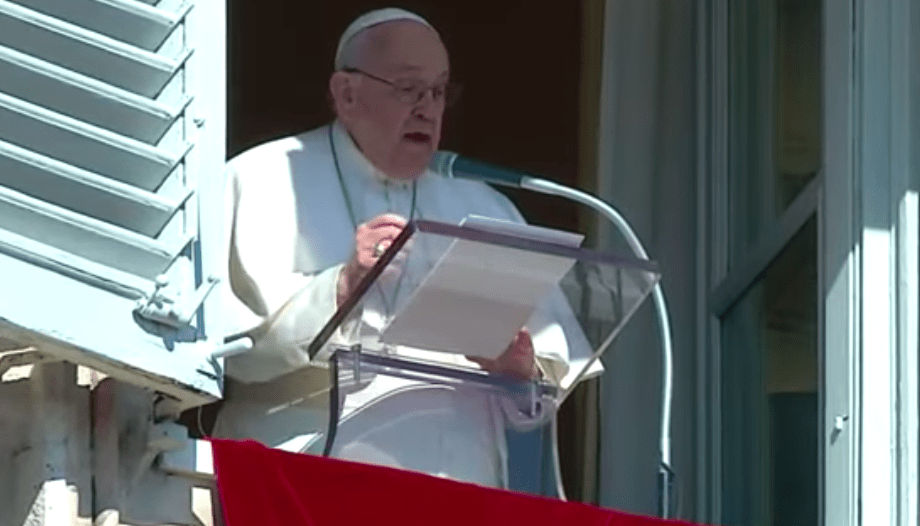After the Angelus prayer, in which the Holy Father asked if we are satisfied with "not doing evil", instead of "trying to grow in love for God and for others", Pope Francis recalled "the pain" of suffering peoples, such as Turkey and Syriawhere there have been so many thousands of victims of the "catastrophe" of the earthquakes, about which the Roman Pontiff has been looking at pictures today. The Pope asked us to "pray" and see "what we can do".
He went on to ask that "we should not forget the martyred Ukraine"and let us pray that the Lord will "open roads of peace and give us the courage to travel them".
Immediately, the Pope has shown his closeness and asked for prayers for the bishop of Matagalpa (Nicaragua), Monsignor Rolando Alvarez, who was sentenced to 26 years in prison, and for those deported from the "beloved nation" of Nicaragua. He also asked for prayers for the Lord to "open the hearts of the political leaders" of the country, and invited them to pray a Hail Mary for peace in Nicaragua.
"God loves us like a lover."
Before the Angelus, the Holy Father commented on the Gospel of today's liturgy, in which Jesus says: 'Do not think that I have come to abolish the Law or the Prophets; I have not come to abolish but to fulfill' (Mt 5:17). To fulfill: this is a key word for understanding Jesus and his message. What does it mean?"
The Pope said that "God does not reason with calculations and tables; He loves us like a in loveNot to the minimum, but to the maximum! It does not say to us: I love you up to a certain point. No, true love never goes to a certain point and is never satisfied; love goes beyond, it cannot do less. The Lord showed us this by giving his life on the cross and forgiving his murderers (cf. Lk 23:34). And he has entrusted to us the commandment he holds most dear: that we love one another as he has loved us (cf. Jn 15:12). This is the love that gives fulfillment to the Law, to faith, to life!".
Earlier, Francis had recalled that the first step is taken by God. "The message is clear: God loves us first, gratuitously, taking the first step towards us without our deserving it; and, therefore, we cannot celebrate his love without taking the first step in our turn to reconcile ourselves with those who have hurt us. Thus there is fulfillment in the eyes of God, otherwise external, purely ritualistic observance is useless. [...] The commandments that God has given us must not be locked up in the suffocating safes of formal observance, otherwise we remain in an external and detached religiosity, servants of a 'master god' instead of children of God the Father."
"Do I love my neighbor as He loves me?"
Finally, the Pope urged us to ask ourselves about our calculations and conformisms: "How do I live my faith? Is it a question of calculation, of formalism, or is it a love story with God? Am I content with not doing evil, with keeping up 'the façade,' or do I try to grow in love for God and for others? And from time to time do I confront myself with the great commandment of Jesus, ask myself if I love my neighbor as He loves me?"
"For perhaps we are inflexible in judging others and forget to be merciful, as God is merciful to us," the Holy Father concluded. "May Mary, who perfectly observed the Word of God, help us to give fulfillment to our faith and charity."









